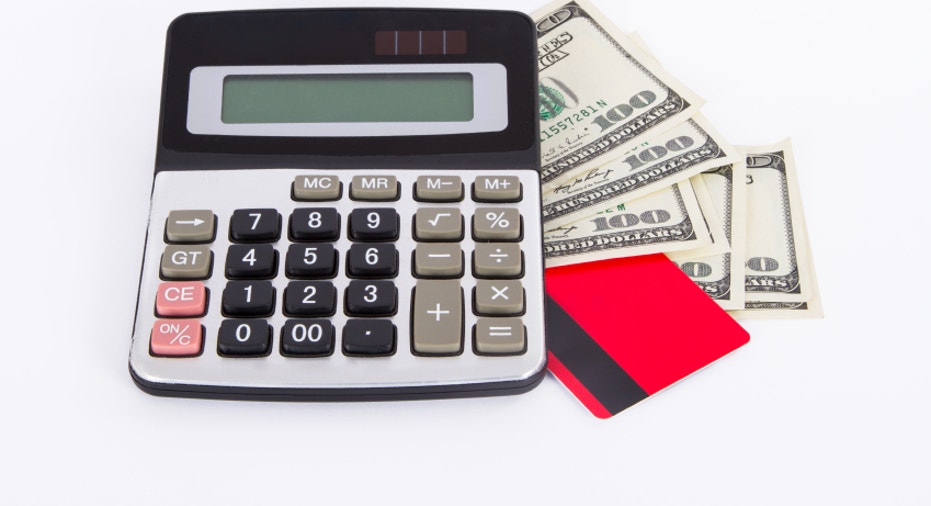Credit Card Approval Tips for New Immigrants

Dear Opening Credits,
I am new to U.S. I arrived here April 29, 2013. During May 2013, I applied for a credit card and, not knowing about credit scores, was rejected. The application was with PNC Bank. Later, during July, I visited a local Wells Fargo branch and the executive who assisted me with opening a bank account offered me a credit card. For the same reason of not having enough credit history, I got rejected again.
A couple of months later, now that my salary is direct deposited with Wells Fargo, I applied for a secured credit card with them. Again I got rejected. I do not have any credit history. Please advise.
- Sunny
Dear Sunny,
You're right. Those three credit card applications (and subsequent rejections) are now being listed on your consumer credit report, and are factored into your credit scores. Because you don't have any positive activity listed, those inquiries are having an unusually large negative impact.
Before I give some guidance on how you can finally get a credit card, you should know a bit more about the credit scoring system, as the lenders you'll be dealing with will use them for qualification purposes.
The most common credit score is called the FICO, which ranges from a low of 300 to a high of 850. FICO scores take all the financial activity from your credit reports, input it into a mathematical model, and then shoot out a number. Some data is weighed more heavily than others. For example, payment patterns and debt-to-credit ratio are the most important factors (together comprising 65 percent of the score). Length of credit history, types of credit in use and applications for new credit (inquiries) make up the rest.
However, for a score to be generated at all, your report will have to show a minimum of one account that you've had for at least six months. You probably don't have a FICO score at all.
Pull copies of your credit reports from AnnualCreditReport.com. You can access one per credit bureau (TransUnion, Equifax and Experian) for free once a year. Read each carefully, checking for anything that doesn't belong to you. If you do see something amiss, dispute it on one of the bureau's websites. They'll notify the other two, and the item will be removed.
Refocus your attention on issuers that provide accounts specifically to people with limited or no credit history. Check out all current offers, but concentrate on credit cards. Prepaid cards are just debit cards that you load with cash, and won't help you build a credit history.
Your best bet remains a secured product, since they're intended for beginners. Read through the terms of each, and then identify one that looks good. I'm afraid that the only way to know if you qualify is by completing the application, but if you try for the one that matches your situation, you have a better chance.
Still unsuccessful? Consider asking a close friend or relative who has a credit card to add you as an authorized user. If that person is willing, you'll have a card with your name on it that you can charge with, and its activity will be listed on your credit reports. You won't be responsible for the payments, so the other person assumes risk in this deal. But if both of you treat the account responsibly, you'll benefit by all that included information.
After about a year, you'll probably have enough of a credit history to show lenders that you're ready for a card of your own. Go through the slow and precise application process I just described. When you have an account in your name only, remove yourself from your friend's account. You'll have what you need to charge independently. If you stay out of debt, pay by the due date and keep a close watch on your statements and credit reports, you will be a successful cardholder -- and eligible for more and better cards.
See related: One easy step to build a U.S. credit history, 9 credit-building tips for U.S. immigrants



















